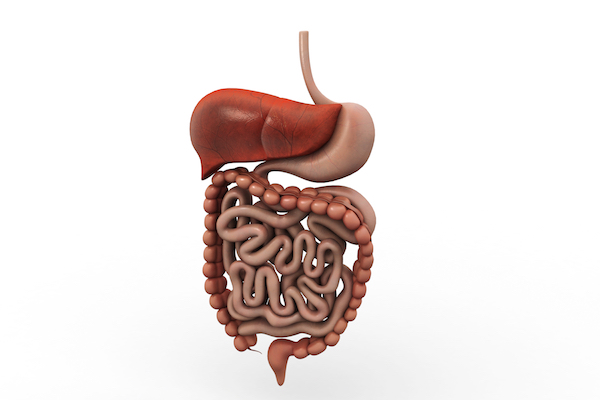Parkinson’s Disease and the Gut
Parkinson’s Disease (PD) was first described over 200 years ago and is one of the most common progressive neurodegenerative conditions. Whilst there are many different symptoms, the main ones are tremor (shaking), slowness of movement and rigidity/muscle stiffness. Symptoms are caused by the brain losing its ability to produce enough dopamine, which is key to co-ordinating movement.
The evidence base suggests that there are a number of potential factors involved in the development of PD including increased exposure to pesticides/herbicides and toxic metals, elevated levels of iron, digestive system imbalances (constipation is now considered to be a key symptom – often present up to 10 years before diagnosis), Small Intestinal Bacterial Overgrowth (SIBO), Helicobacter pylori infections, increased ‘leakiness’ of the gut lining, nutrient deficiencies and associated mitochondrial dysfunction, gluten related disorders and autoimmunity. One key area of research involves the observed accumulation in the brain of a misfolded protein called alpha-synuclein, which has been shown to accumulate in the gut’s own nervous system years before the diagnosis of PD.
Currently there is no cure for PD, with treatments relying on a combination of medications (which aim to increase dopamine levels – often with significant side effects), exercise and complementary therapies.
The evidence base now strongly suggests that gut health is a key factor in the development of PD. The gut/brain axis is irrefutable with the central nervous system being directly affected by the balance of bacterial species in the gut itself. Multiple studies have shown there to be significant alterations in the bacterial species (dysbiosis) of individuals with PD compared to healthy controls and it has been shown that the use of specific strains of probiotics can provide a marked reduction in key symptoms of PD when compared to placebo.
So the chain of events leading to PD might look something like this: dysbiosis (caused by poor diet/lifestyle/toxic load/stress/parasites) causes an increase in ‘leakiness’ of the gut and the expression and accumulation of misfolded alpha-synuclein, which is then transported from the gut to the brain directly via the vagus nerve. Chronic inflammation and ‘leakiness’ of the gut lining promote body wide inflammation, which in combination with the accumulation of misfolded alpha-synuclein in the brain causes damage to the dopamine producing cells of the brain and hence PD – (NPJ Parkinson’s Disease (2017)).
Maybe the gut holds the keys in respect of unlocking effective preventative and therapeutic interventions for this devastating condition?


 RT
RT 

Leave a Reply
Want to join the discussion?Feel free to contribute!